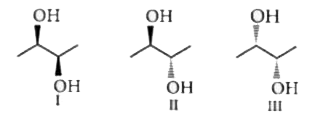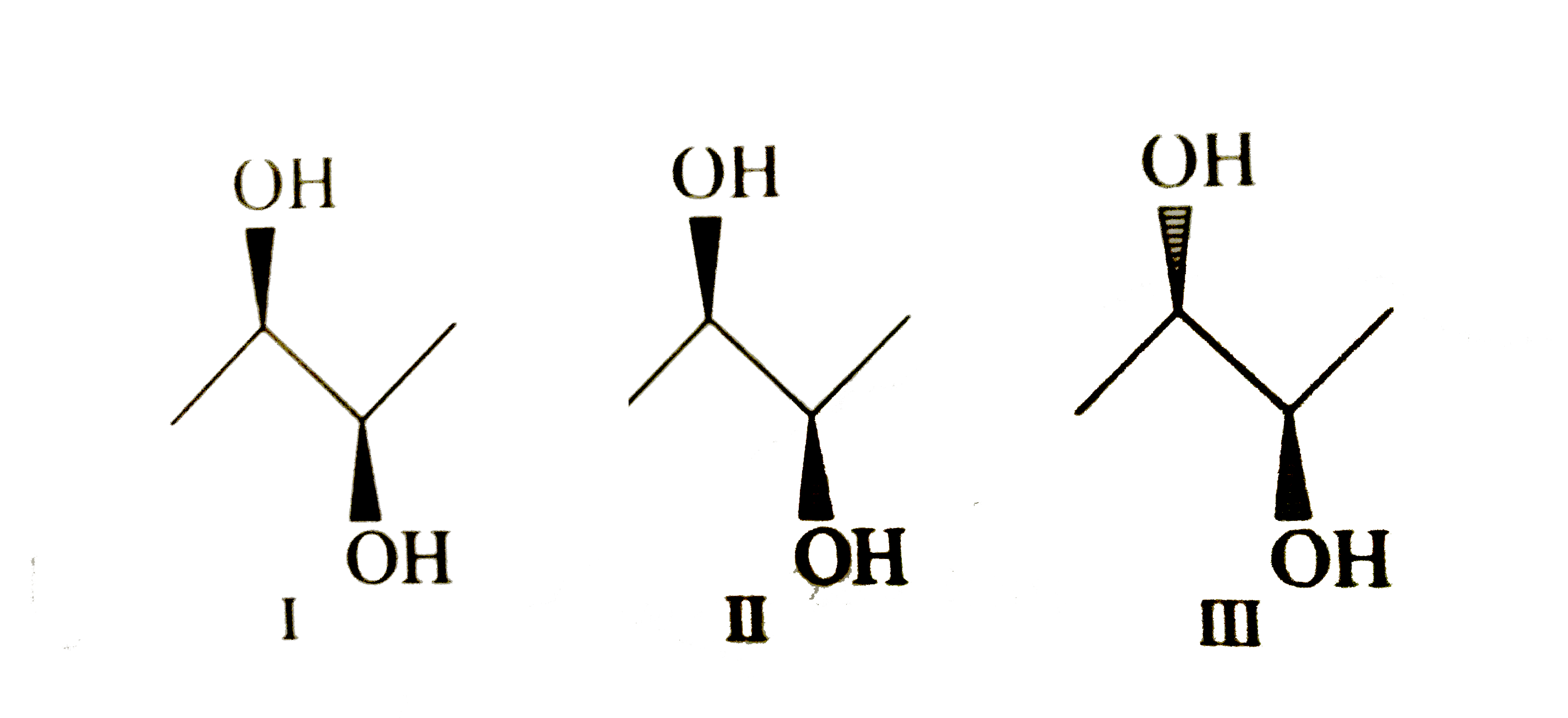The correct statement regarding interstitial compounds is -
they have higher melting point than the pure metal
They are chemically reactive
They are typically ionic compounds
They are stoichiometric compound
To determine the correct statement regarding interstitial compounds, we will analyze each of the provided statements step by step.
Step 1: Understanding Interstitial Compounds
- Definition: Interstitial compounds are formed when small atoms (like carbon, hydrogen, or nitrogen) occupy the interstitial spaces (gaps) in the crystal lattice of metals.
Hint: Remember that interstitial compounds involve small atoms fitting into the spaces of larger metal lattices.
Step 2: Analyzing the Statements
1. Statement 1: They have higher melting and boiling points than pure metals.
- Analysis: This statement is correct. Interstitial compounds generally have higher melting and boiling points compared to the pure metals due to the strong interactions between the metal atoms and the small atoms occupying the interstitial sites.
Hint: Consider how the presence of small atoms affects the overall bonding and stability of the compound.
2. Statement 2: They are chemically reactive.
- Analysis: This statement is incorrect. Interstitial compounds are typically chemically inert, meaning they do not readily react with other substances.
Hint: Think about the stability of interstitial compounds compared to pure metals.
3. Statement 3: They are typically ionic compounds.
- Analysis: This statement is also incorrect. Interstitial compounds are usually non-stoichiometric and do not fit neatly into the categories of ionic or covalent compounds.
Hint: Recall that interstitial compounds are defined by their structure rather than a specific type of bonding.
4. Statement 4: They are stoichiometric compounds.
- Analysis: This statement is incorrect. Interstitial compounds are generally non-stoichiometric, meaning they do not have a fixed ratio of components.
Hint: Consider the flexibility in the composition of interstitial compounds.
Step 3: Conclusion
After analyzing all the statements, the only correct statement is that interstitial compounds have higher melting and boiling points than pure metals.
Final Answer
The correct statement regarding interstitial compounds is: They have higher melting and boiling points than pure metals.
- Definition: Interstitial compounds are formed when small atoms (like carbon, hydrogen, or nitrogen) occupy the interstitial spaces (gaps) in the crystal lattice of metals.
Hint: Remember that interstitial compounds involve small atoms fitting into the spaces of larger metal lattices.
1. Statement 1: They have higher melting and boiling points than pure metals.
- Analysis: This statement is correct. Interstitial compounds generally have higher melting and boiling points compared to the pure metals due to the strong interactions between the metal atoms and the small atoms occupying the interstitial sites.
- Analysis: This statement is incorrect. Interstitial compounds are typically chemically inert, meaning they do not readily react with other substances.
- Analysis: This statement is also incorrect. Interstitial compounds are usually non-stoichiometric and do not fit neatly into the categories of ionic or covalent compounds.
- Analysis: This statement is incorrect. Interstitial compounds are generally non-stoichiometric, meaning they do not have a fixed ratio of components.
After analyzing all the statements, the only correct statement is that interstitial compounds have higher melting and boiling points than pure metals.
The correct statement regarding interstitial compounds is: They have higher melting and boiling points than pure metals.
Topper's Solved these Questions
Similar Questions
Knowledge Check
The incorrect statement about interstitial compounds is :
AThey are chemically reactive.BThey are very hard.CThey retain metallic conductivity.DThey have high melting point.The correct statement regarding entropy is
Aat absolute zero temperature, entropy of a perfectly crystalline solid is zeroBat absolute zero temperature, the entropy of a perfectly crystalline substance is + veCat absolute zero temperature, the entropy of all crystalline substance is zeroDat 0∘C the entropy of a perfect crystalline solid is zero.The correct statement about interstitial compound is
AInterstitial compound are formed by small atoms such as C,N,H,B etc .BThese compounds are nonstoichiometricCThey show difference in physical properties but similarity in chemical propertiesDAll of these
Interstitial compounds are
View SolutionThe correct statement regarding entropy is:
View SolutionThe correct statement regarding the following compounds is

View SolutionSelect the correct statement(s) for interstitial compounds.
View SolutionThe correct statement regarding the following compounds :

View Solution
